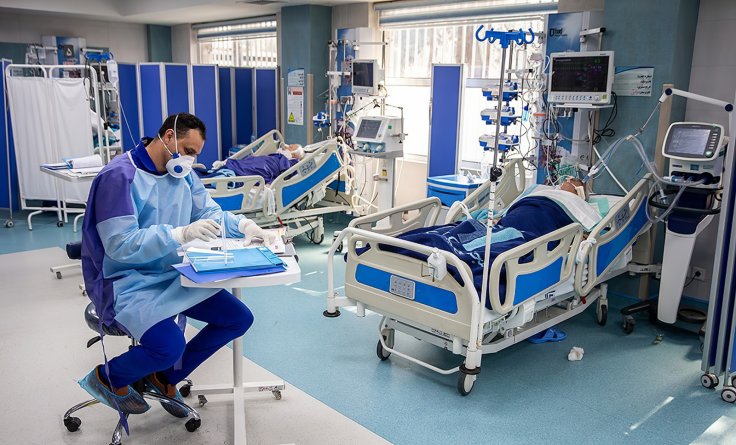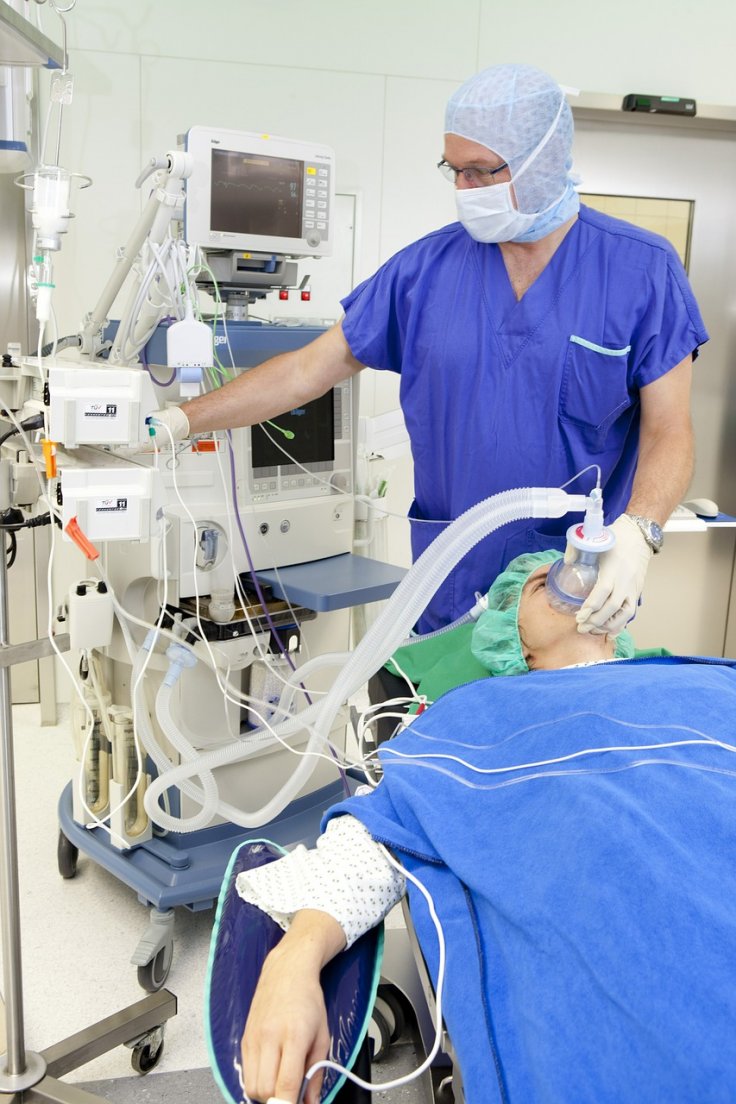A consignment including 250 ventilators from China arrived in the UK on April 4. But all these devices showcased serious problems, potentially dangerous for patients and became unusable in NHS hospitals.
As per the doctors in NHS doctors in the West Midlands, they were so concerned that they wrote to the UK Health Secretary Matt Hancock, warning that the ventilators used in their hospital could kill Coronavirus patients.
As per The Guardian, the doctors said:
"We believe that if used, significant patient harm, including death, is likely.
"We look forward to the withdrawal and replacement of these ventilators with devices better able to provide intensive care ventilation for our patients."
Chinese ventilators are dangerous

The healthcare workers in the UK have warned the Department of Health and Social Care that oxygen supply in the Chinese ventilator was variable as well as unreliable. The medics have mentioned that while the construction of these devices was basic and the oxygen connection base was marked as "non-EU," the fabric case made these hard to clean.
It should be noted that these machines are Shangrila 510 ventilators, created by China's Fengtai District-based company Beijing Aeonmed. As per the UK doctors, these ventilators are designed to use inside ambulance facilities not in the hospitals.
When these ventilators arrived in the UK, Michael Gove, the Cabinet Office minister who is helping to coordinate the government's response to the pandemic, told a government's daily news conference: "We've been buying invasive ventilators from partners abroad, including Germany and Switzerland, and today 300 new ventilators arrived from China. I'd like to thank the Chinese government."
The issues with Chinese ventilators
As per the reports after the arrival of these machines in the UK, hospitals which had received the devices said that they could not use the ventilators even after their technicians spent several days on these devices. As per a senior officer from one of these hospitals stated that all of these machines failed. He said, "They didn't have proper oxygen centres and the tubing didn't fit. We were irate. All the hospitals tried to get them to work but we couldn't."
In addition, the official mentioned that the faults came under the spotlight at a time when the authorities feared that the hospitals were going to be overwhelmed with critical Coronavirus patients, who would need ventilators.
A source from NHS told The Guardian that recently when the UK ordered protective equipment, those also turned out to be a lesser quality material than thought. He also said in some cases, instead of receiving long-sleeved surgical gowns, they found t-shirts.
In addition, he said, "You have to be careful who you procure stuff from because the supply and then what ultimately arrives can be very variable. But, then again, we didn't have enough ventilators to start with because the government was unprepared for coronavirus, so we had to ask China to help."
Countries dealing with a similar issue

A Seattle importer communicated with a business associate in China who knew a Chinese doctor from a hard-hit province to secure testing kits from a Shanghai factory. As per the reports, the importer used an Amazon-chartered plane to airlift the testing kits and University of Washington School of Medicine allocated US$125,000 to purchase the kits. But the university halted the use of these Coronavirus testing kits from Lingen Precision Medical Products after some of them turned out to be faulty.
Despite travel restrictions in Europe, the European Union gave Chinese firms access to its markets. But most of these products imported in Europe were not licensed for sale in China. It was reported that the kits sent to Spain found to give a 30 percent detection rate which is lower than 80 percent that manufacturers had promised.
Reports also revealed that the Coronavirus test kits sent to the Czech Republic from China were substandard. Dutch officials also claimed that the 600,000 Chinese face-masks did not meet the quality standards. Later, ambassador of Chinese Embassy in the Netherlands, Xu Hong said in March that "it is normal to expect some problems during our cooperation, but we hope this can be resolved in an objective manner and not become politicized."








